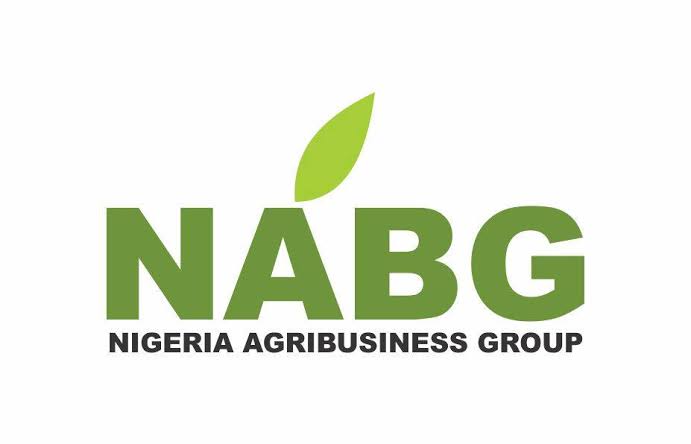Why Nigeria needs to standardise agri-commodities
In a groundbreaking event aimed at revolutionising Nigeria’s agricultural sector, the Nigeria Agri-Business Group (NABG) convened a-day “Agro Commodities Standard Grading System National Validation” programme. The validation of the policy framework marks a critical milestone in Nigeria’s agricultural development journey. In his opening remarks at the programme held Thursday in Abuja, the Director General of […]

In a groundbreaking event aimed at revolutionising Nigeria’s agricultural sector, the Nigeria Agri-Business Group (NABG) convened a-day “Agro Commodities Standard Grading System National Validation” programme.
The validation of the policy framework marks a critical milestone in Nigeria’s agricultural development journey.
In his opening remarks at the programme held Thursday in Abuja, the Director General of NABG, Jafar Umar, highlighted the significance of the initiative, saying the framework provides everything that enables both the government and the commodity associations to ensure that their members who are the producers of the commodities can have control over the entire value chain.
He underscored the necessity of standardisation for Nigerian commodities to compete effectively in the international market, “Nigerian commodities struggle to perform effectively in the international market because a lot of our commodities aren’t standardised and graded. We are introducing this policy to ensure commodities being produced are graded and standardised so that the farmers receive fair value,” Umar added.
- That Nigeria may reach its full agricultural potential
- Agric innovations needed to restore Nigeria’s glory – AFAN
Umar emphasised the principle of fairness and transparency in the agricultural sector, stating, “If you put in the effort, time, and investment to produce a high-grade agricultural commodity, you should receive fair value for it.”
He also stressed the role of the policy framework in facilitating fair transactions and ensuring consumer confidence.
According to him, there is optimism about the future benefits for the agricultural sector and the Nigerian economy as a whole.
In his address, the National President NABG, Arc Kabir Ibrahim, underscored the vital importance of uplifting small-scale producers from poverty.
He stressed the direct correlation between the quality of agricultural produce and the economic well-being of small-scale farmers.
“It’s in our vital interest to make the small-scale producers get out of poverty. If the quality of what they produce is high, they get more value. They’ll be incentivized to do more.”
He highlighted the pivotal role played by small-scale producers in driving Nigeria’s agricultural production, describing them as the “engine room” of the nation’s food supply.
“With Nigeria yearning for food sufficiency and security, we are still going to be relying on the small-scale farmers and producers to attain that.”
He acknowledged ongoing efforts to introduce mechanisation but emphasized the immediate reliance on small-scale producers.
Expressing optimism about the success of the validation exercise, Ibrahim stated, “I am optimistic the validation exercise will be quite successful, and I am optimistic the government will implement it.”
